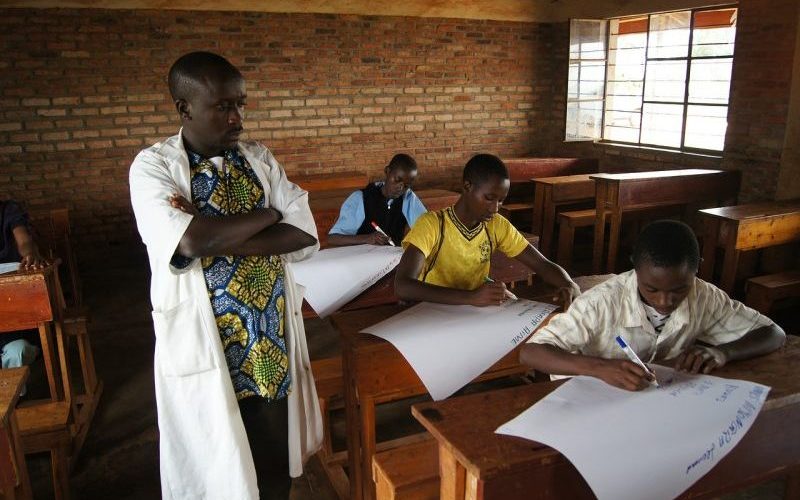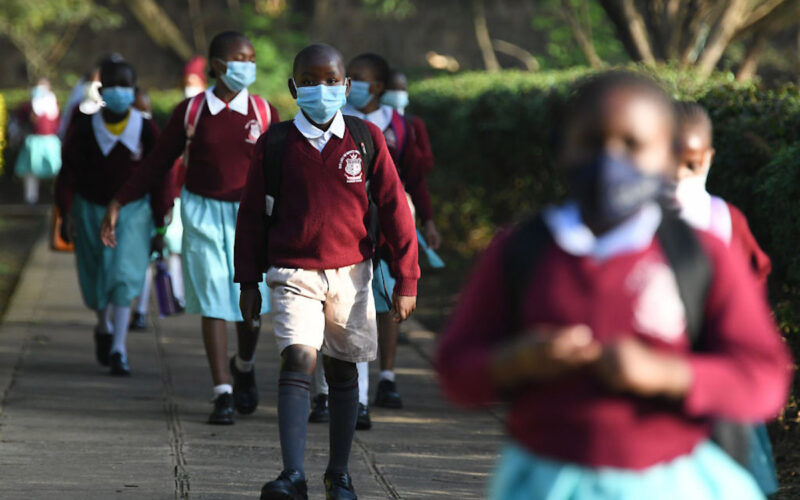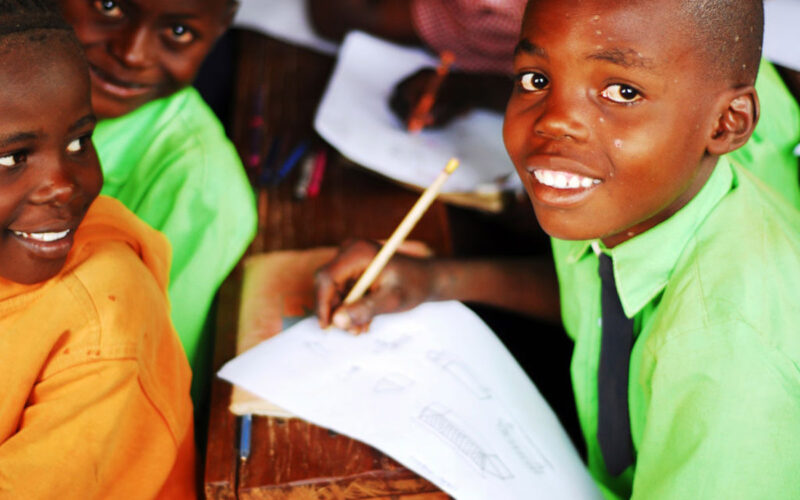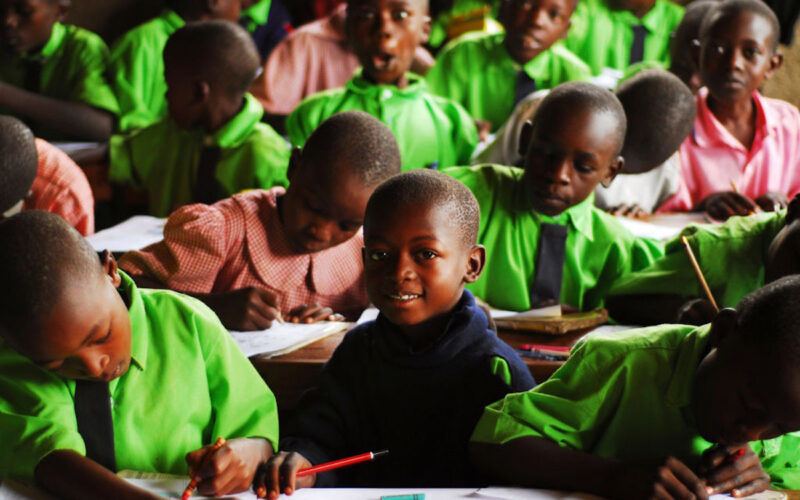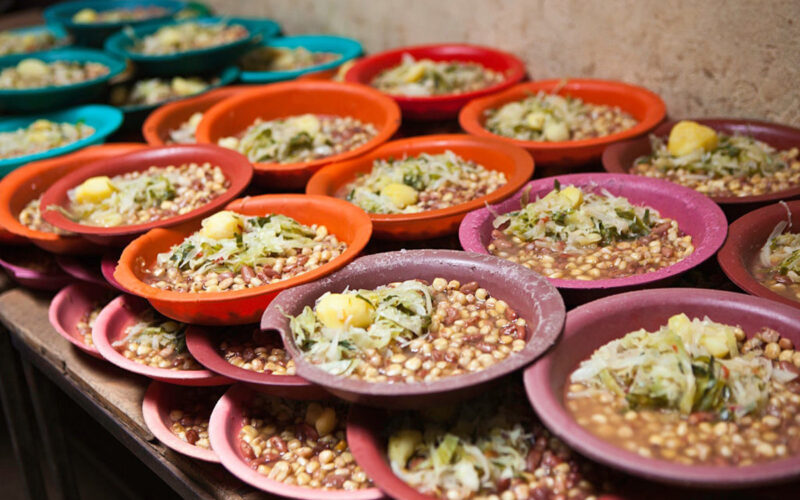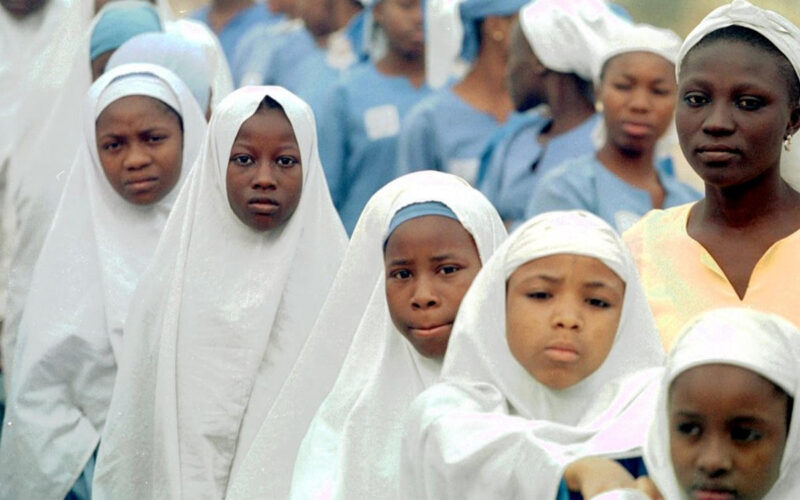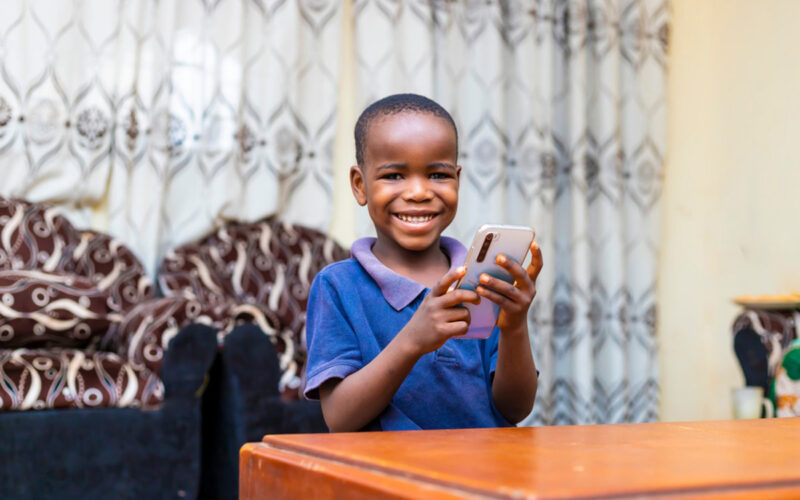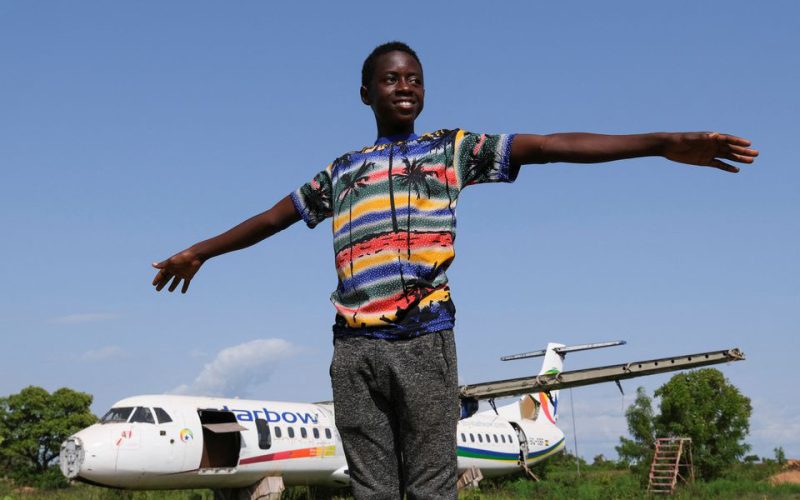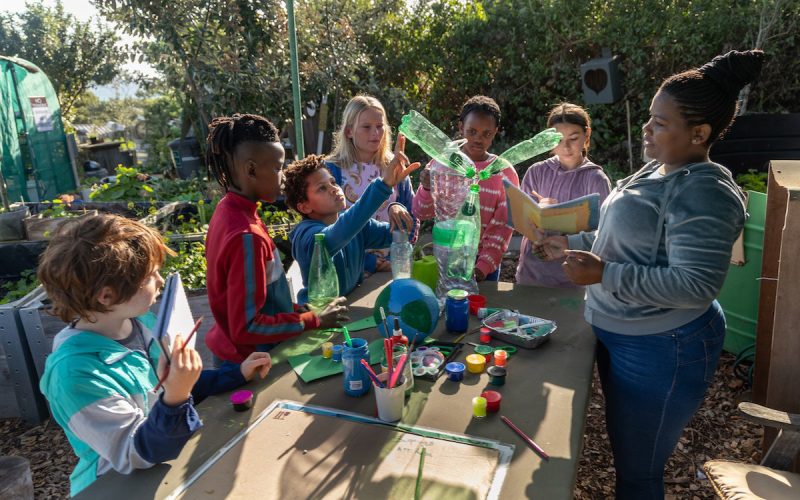
Teachers change lives – but what makes a great teacher?
EXCELLENT teachers can change our lives. Researchers have shown that good teachers encourage us to think critically, reflect and learn across disciplines. These are all skills that can set us up for life. Author ZAYD WAGHID, Associate professor, Cape Peninsula University of Technology I have had the privilege of being taught by a few brilliant teachers in my life, and I have also observed teaching excellence at the numerous schools I have visited over the years as an education academic. Those who stand out are devoted, imaginative, motivated and motivating, and eager to overcome challenging conditions to make a positive…

